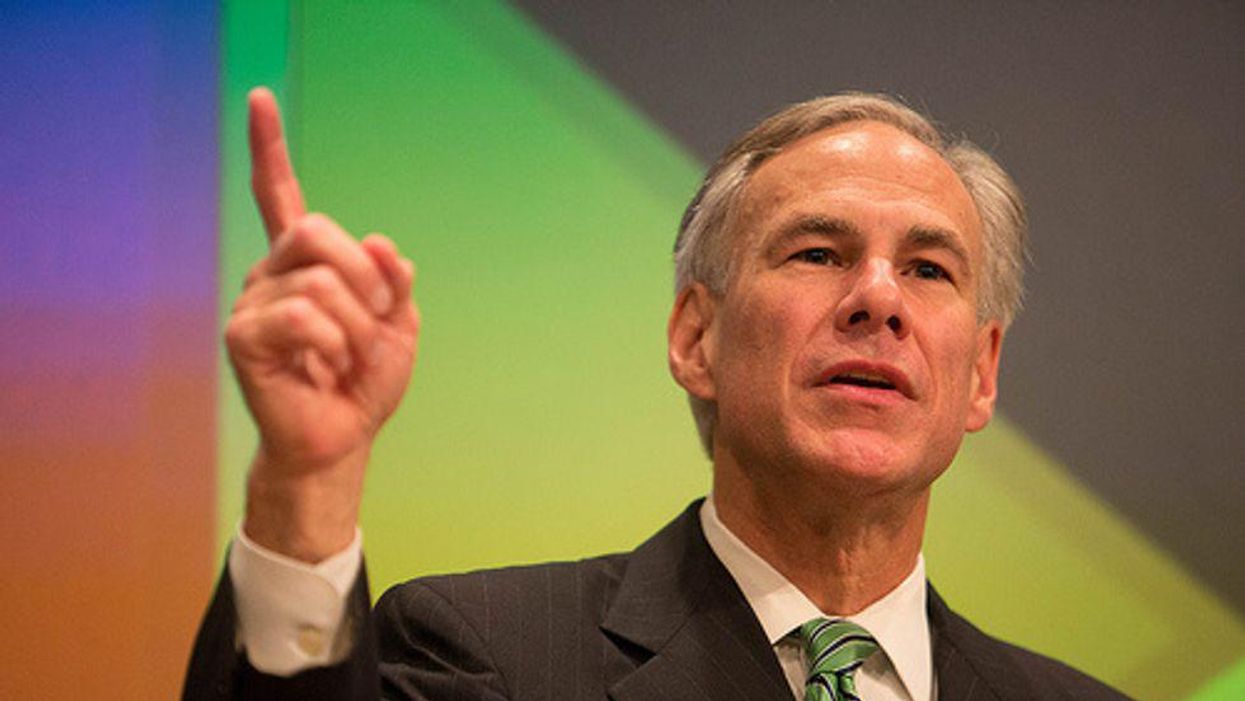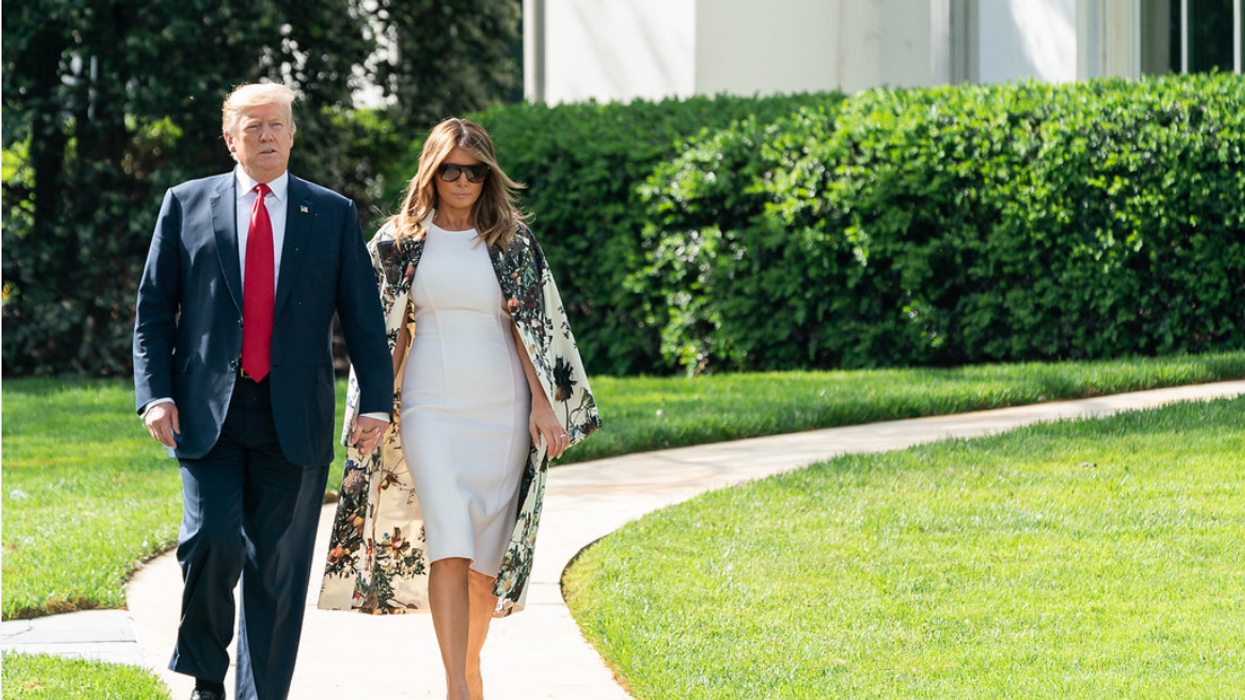Poll: Most Republicans Want Trump To Run Again, But Most Americans Don't
A new poll suggests a majority of Republicans want former President Donald Trump to try for the White House again in 2024 — but the vast majority of Americans do not.
A national survey of adults released Thursday by Marquette Law School found that by a 60 percent to 40 percent margin, those who identify as Republicans would like Trump to run in the next presidential election. But overall, just 28 percent of those surveyed want to see another Trump campaign, versus 71 percent who do not.
The poll results show 73 percent of independents and 94 percent of Democrats oppose Trump running again.
While 73 percent of Republicans say they have a favorable view of the one-term president, just 32 percent do overall — and 65 percent of Americans hold an unfavorable opinion of him.
This puts him well below President Joe Biden, whose rating in the poll is at 45 percent favorable, 49 perecent unfavorable, and six percent unable to give a rating. The survey puts Biden's overall job approval rating at 49 percent.
This survey comes as Trump is hinting he will mount another presidential campaign. On November 8, he told Fox News, "I am certainly thinking about it and we'll see. I think a lot of people will be very happy, frankly, with the decision, and probably will announce that after the midterms."
He boasted that "a lot of great people who are thinking about running are waiting for that decision, because they're not going to run if I run."
After winning in the Electoral College in 2016 despite getting three million fewer votes than Democratic nominee Hillary Clinton, Trump badly lost both the popular and the electoral votes in 2020.
Biden won 306 of the 538 electors, a margin Trump himself deemed a "landslide" four years earlier when it went in his favor, and received over seven million votes more than the incumbent.
Days after plotting to overturn the election results and egging on supporters who then rioted at the U.S. Capitol on January 6, Trump left office on January 20 with a historically low approval rating of 29 percent.
He has spent much of the time since then falsely claiming the election was stolen from him and threatening retribution against his political enemies — a strategy that does not appear to have improved his national popularity.
After Republican Virginia gubernatorial nominee Glenn Youngkin narrowly won earlier this month, Trump claimed credit for the result. "I would like to thank my BASE for coming out in force and voting for Glenn Youngkin," he wrote. "Without you, he would not have been close to winning. The MAGA movement is bigger and stronger than ever before." Trump had endorsed Youngkin, but the two had not campaigned together.
Trump faces a number of legal issues between now and the next election. His company is under criminal indictment on tax fraud charges in New York; a select House committee is investigating the Capitol insurrection and his administration's possible involvement; and Congress is still working through the federal courts to obtain his tax returns.
Published with permission of The American Independent Foundation.












Trump Cabinet Nominee Withdraws Over (Sane) January 6 Comments